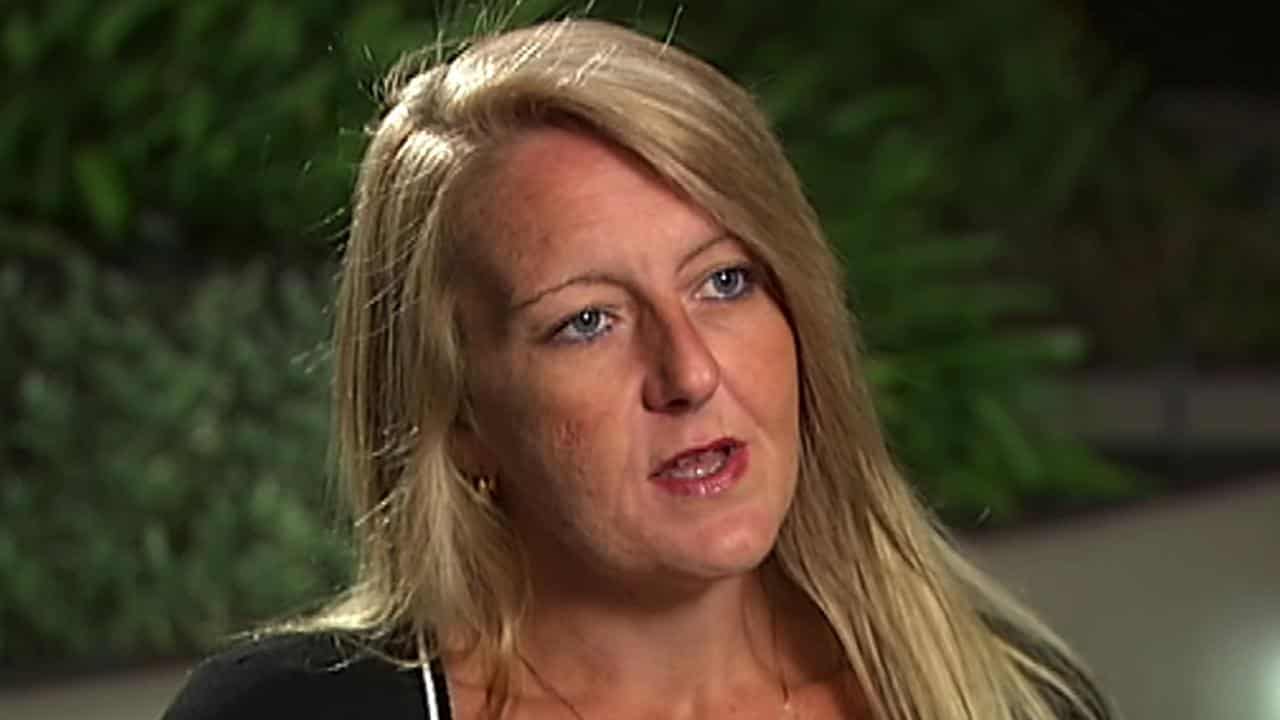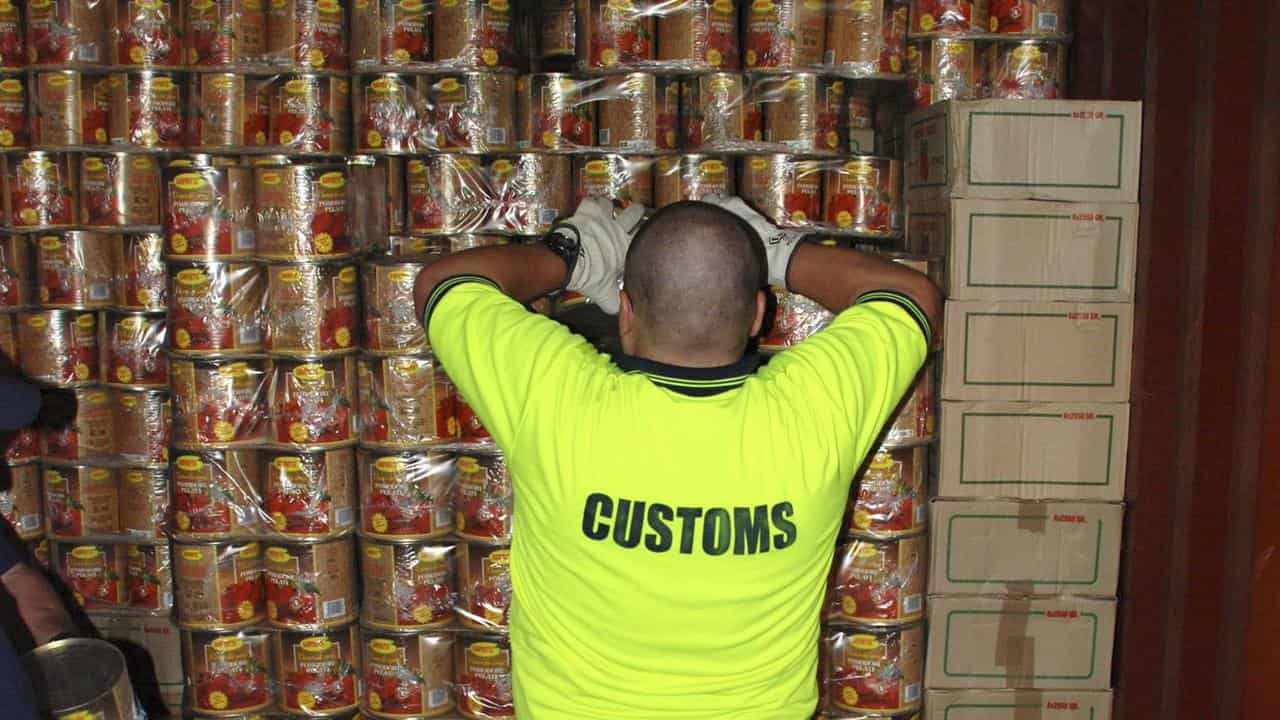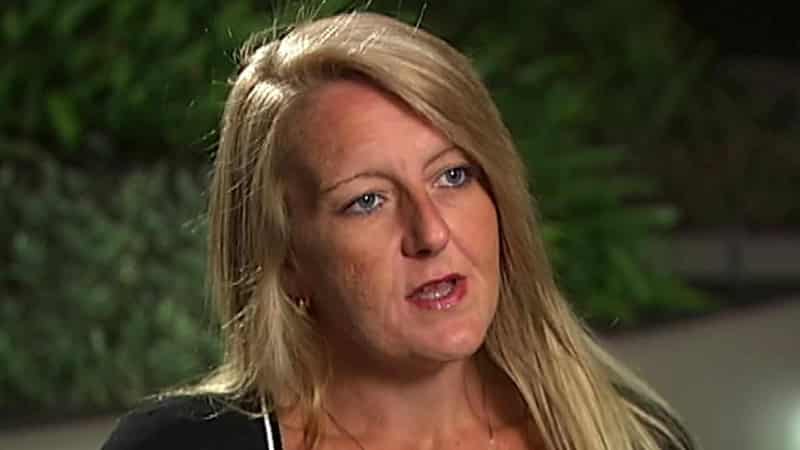
Supergrass barrister Nicola Gobbo handed secret documents from her gangland client Rob Karam to police, allowing them to uncover what was then the world's largest import of 15 million ecstasy pills.
But Victoria's top court has dismissed Karam's bid for his conviction to be overturned after he argued the actions of his own lawyer led to his demise.
Karam is serving 35 years behind bars for trafficking drugs, including 4.4 tonne of ecstasy pills with a street value of $122 million disguised in tomato tins shipped to Melbourne by the Calabrian Mafia in 2007.
A royal commission into Ms Gobbo - the gangland barrister turned Victoria Police informer known as Lawyer X - heard Karam left documents in her possession for safekeeping while she was his lawyer, including a bill of lading for the shipment of pills.

Ms Gobbo copied the paperwork and passed it to police, even translating it for investigators who then passed it to the Australian Federal Police.
She then billed Karam $550 to appear for him in a bail application after he was charged in connection with the import.
Karam took his case to Victoria's Court of Appeal to seek the convictions be overturned.
He was also seeking to overturn separate convictions over the trafficking of nearly 100 kilograms of pure cocaine in a container of Colombian coffee beans, and a plan to import 100kg of pseudoephedrine hidden in a container of bedroom furniture from India.
The discovery of the tomato tins import is said to have led to those further imports.
Karam’s lawyers argued the conduct of Nicola Gobbo and Victoria Police in relation to Karam's offending resulted in a substantial miscarriage of justice.
It was argued that prosecutors had not disclosed Ms Gobbo's status as an informer in the investigation and prosecution of his case, and that she had improperly influenced his defence.
Karam also claimed he was denied the right to independent legal counsel.
But on Thursday Justices David Beach, Stephen McLeish and Maree Kennedy determined that while there were grounds to grant him permission to appeal, those appeals should all be dismissed on all grounds.
“Ms Gobbo in effect acted as an advisor to the applicant, notwithstanding that she was providing information to police during the relevant period,” they noted.
“Between August 2007 and August 2008, Ms Gobbo continued to provide extensive information to Victoria Police about, or derived from, the applicant while he was a current or former client.”
At no time did Ms Gobbo, Victoria Police or the AFP disclose to Karam that Ms Gobbo was a registered police informer who provided the information that led to his arrest, the judges wrote in their 82-page judgment.
As well as the bill of lading, she gave police details of phone numbers being used by major players as well as times and locations of meetings.
They noted while Ms Gobbo had represented Karam in the early stages of proceedings and assisted his defence in other ways, she did not appear for him in his trials.
“We accept that the ordinary fair-minded citizen would be rightly appalled by the ethical failures exhibited by Ms Gobbo as revealed in this case,” they said.
But they did not believe that once made aware of the facts that fair-minded people could entertain any lingering suspicion her conduct might have affected those trials.
Karam was one of more than 30 people convicted over the tomato tins import, and is one of several high-profile gangland figures to challenge convictions based on Ms Gobbo's connection to their cases - including Tony Mokbel.
The saga of those appeals has been lengthy.
In February 2021 then Court of Appeal President Chris Maxwell pushed for the cases including Karam and Mokbel’s to be heard as top priorities, ideally within months.
Justice Maxwell retired in July 2022 and last month his successor Justice Karin Emerton called out the “leisurely course” taken by some of those appealing.









